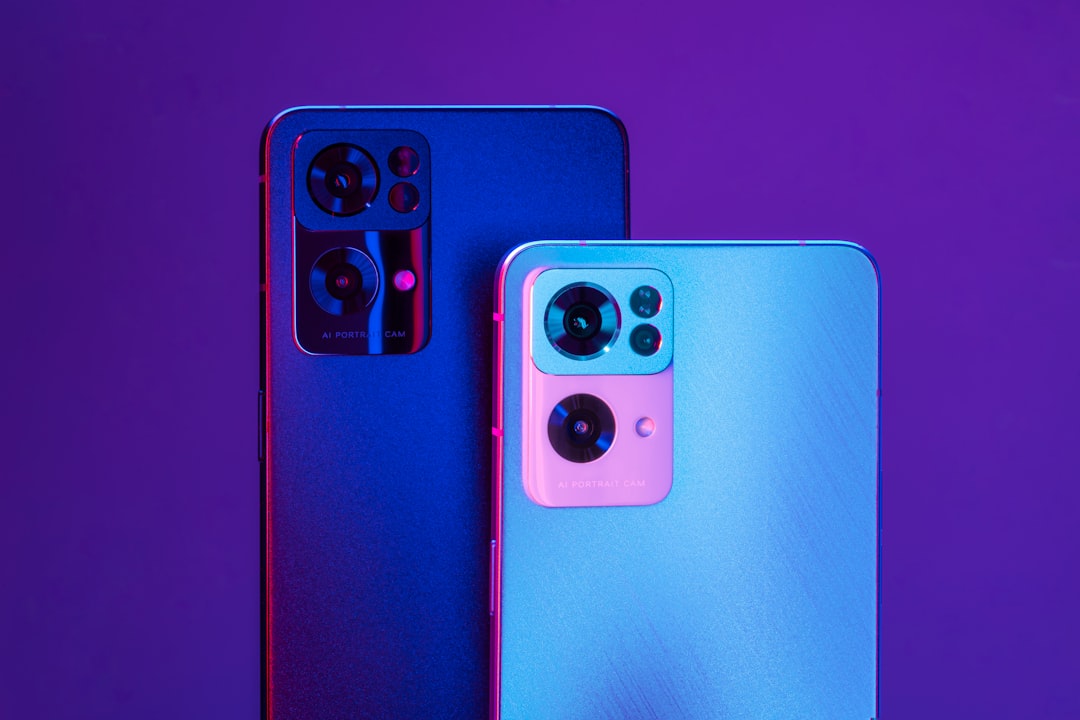Autodialers, regulated by strict Oregon laws like TCPA, have revolutionized fundraising for nonprofits and political campaigns. These tools allow autodialer attorneys in Oregon to reach wide audiences cost-effectively, personalize messages, solicit donations, and boost voter engagement while adhering to privacy rights. By leveraging analytics and targeted messaging, these technologies maximize interactions, foster donor relationships, and improve fundraising outcomes for Oregon's attorney advocates.
“In the competitive fundraising landscape, Oregon’s legal community has embraced innovative tools, with autodialers emerging as a game-changer. This article explores how autodialers, powerful automated phone dialers, are revolutionizing fundraising efforts for Oregon attorneys. We delve into the technology’s capabilities, its legal framework within the state, and strategic insights to maximize efficiency. By understanding these aspects, attorneys can harness the potential of autodialers to engage clients, enhance communication, and ultimately boost fundraising success in Oregon.”
Understanding Autodialers: The Technology Behind Oregon's Fundraising Campaigns

Autodialers, also known as automated phone dialers, have become a powerful tool in Oregon’s fundraising landscape. This technology facilitates efficient communication by automatically dialing telephone numbers, leaving prerecorded messages or connecting callers to live agents. With the ability to reach a large number of potential donors quickly and cost-effectively, autodialer attorneys in Oregon have been instrumental in shaping successful fundraising campaigns for various non-profit organizations and political causes.
The technology behind autodialers involves sophisticated algorithms that randomly or sequentially generate phone numbers from a contact list, ensuring compliance with regulations like the Telephone Consumer Protection Act (TCPA). This method allows for high-volume outreach while minimizing operational costs. Oregon’s nonprofits and political campaigns leverage autodialers to convey personalized messages, solicit donations, and encourage voter engagement, making them a game-changer in modern fundraising efforts.
The Legal Landscape: How Autodialer Use is Regulated in Oregon

In Oregon, the use of autodialers for fundraising purposes is subject to specific regulations designed to protect consumers from unwanted phone calls. The state has implemented laws to govern the use of automated dialing systems, often referred to as autodialers, ensuring a balance between effective fundraising and consumer privacy rights. These regulations are enforced by the Oregon Attorney General’s Office, which plays a crucial role in monitoring compliance and addressing complaints related to autodialer practices.
Oregon’s legal landscape for autodialer attorneys is focused on safeguarding residents from deceptive or harassing phone calls. The state’s laws limit the number of automated calls per recipient, require clear consent for such communications, and mandate specific disclosures during the initial contact. Non-compliance can lead to legal repercussions, emphasizing the importance of understanding and adhering to these regulations.
Maximizing Efficiency: Strategies for Attorneys to Leverage Autodialers in Fundraising Efforts

In Oregon, where political engagement and grassroots fundraising are vital, attorneys can significantly enhance their outreach strategies by leveraging the power of autodialers. These innovative technologies allow for efficient, automated calling campaigns that can maximize attorney-donor interactions. By employing well-designed scripts and personalized messages, autodialers enable legal professionals to connect with a larger audience in less time, ensuring each conversation is meaningful.
Attorneys can optimize their fundraising efforts by targeting specific demographics or segments of supporters. With autodialers, they can quickly adapt messaging based on individual preferences and historical interactions, fostering stronger donor relationships. Additionally, these systems provide detailed analytics, allowing attorneys to track call outcomes, identify trends, and refine their strategies for better results.






